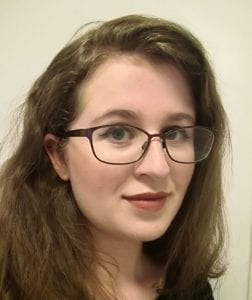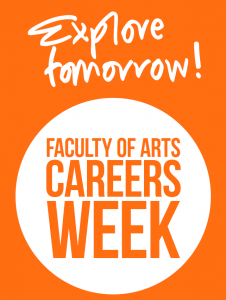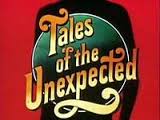For all those aspiring to work in the Fashion Industry or to go into Journalism, Kate Blythe from Matches Fashion has kindly taken part in an interview which will be a very useful read!
Why did you decide to work in the fashion industry, and how did it start?
I always wanted to be a fashion journalist from the age of 10 or 11. I collected American and British Vogue magazines for years and fell in love with the beautiful images and inspirational features. From that age onwards I had my heart set on a fashion journalism career and so I focused on English literature and Language as my speciality. I took English, Psychology and History A Levels and then I went to Leeds University to study an English degree. Before university, however, I set up work experience at my local paper and then went to IPC to intern at various magazines such as 19 magazine and Just 17. As a post-graduate, I went to Time Out magazine in London where I worked for 6 months as a freelance writer, and from there I went to ELLE magazine where I worked for 4 years as fashion features writer before moving into the digital world after that.
What does a typical day for you look like at Matchesfashion.com?
I start work around 8.30am and have 30 minutes before the team arrive to get through my emails and answer any queries. I sign off, approve and commission all content across mens and womens digital and print titles so my day is a constant stream of questions from my team and proofs to sign off. I also oversee all video content, along with marketing emails, social media and all fashion. I can be approving a fashion rail full of clothes for a cover shoot one minute, then sitting in the executive team meetings discussing forward planning the next. It’s non-stop and very varied, which is why I love my job! I leave work at 6pm to get home to my three children before bedtime which is also when the US markets are up and so I then deal with talent agents regarding celebrity cover stories and shoots.
What has been the highlight of your career so far?
The highlight of my career has been building a world class team here at Matchesfashion.com and rebranding all of the website and content in a short space of time. It has been an exciting 18 months and the best is yet to come.
What do you enjoy the most about working in fashion?
I love all aspects of fashion – from the incredible talent of the designers behind the collection, to the beautiful product that is created to the editorial stories we pull together from the collections we stock. It is fast moving, exciting and inspiring.
What made you choose English as your degree, and what was your best experience whilst at Uni?
I have always been passionate about writing and would love writing essays at school and sixth form college. There is something about story telling that is very exciting to me and so there was really no other degree that I would have considered, other than fashion journalism. University was wonderful and I loved meeting great friends, learning new skills and knowing that I was preparing myself for a future in journalism. I couldn’t wait to get started!
Do you have any advice for students on how to stay creative and keep coming up with new ideas?
Read as much as possible – the news, websites, blogs, fashion commentary, magazines. Arm yourself with information and never think that you know it all. I am learning new skills every day and that triggers ideas in my mind for new ideas. Never plagiarise, always be original and stick to your passions rather than follow the pack. Then you will have the potential to be hugely successful!
Do you have any motivational words for students aspiring to make it in this very competitive industry?
Take on as much work experience as possible and when you are in a company doing a placement or internship, throw yourself into the role and make yourself indispensable. That is what I did and two months later I was offered a full time job. Never say no, always say yes to whatever task is given to you and your positive attitude and can-do nature will go a long way in impressing the right people.
What key skills do you need to get into fashion?
Great personal taste, passion for the subject you are working on and digital knowledge. Nowhere is purely print these days, so digital skills are a necessity for being a future fashion leader.
If you could go back and give yourself one piece of advice whilst you were a student, what would it be?
I used to have to read a whole pile of books every week yet I never allowed myself enough time to really enjoy them. I would have told my younger self to enjoy the time I had and to absorb the literature I was reading, rather than racing through it all. I never have any time these days to read a good book, so that was my perfect opportunity.





 Having left university without securing a graduate position, Raven travelled and volunteered, building up evidence of
Having left university without securing a graduate position, Raven travelled and volunteered, building up evidence of  To find the right employer for you, Craig advises that you do your research. He started by following our top tips for
To find the right employer for you, Craig advises that you do your research. He started by following our top tips for 